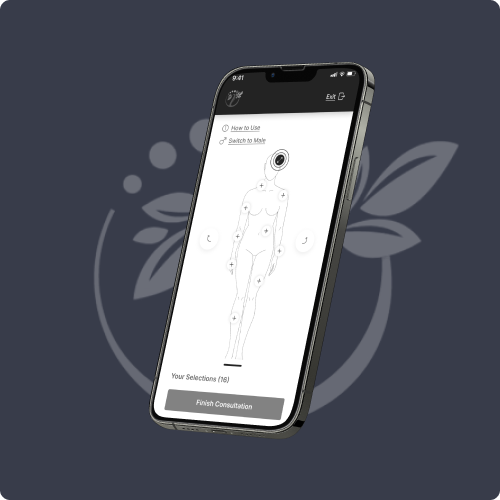
The postpartum period can be as challenging as pregnancy, but many new moms and their doctors overlook the struggles as “normal”. Learn how your hormones change after birth and what those changes can mean for your health and wellness.
Most everyone knows that a woman’s hormone levels shift dramatically during pregnancy as her body prepares to support and deliver a growing human being. But far fewer people understand the shift in hormones that occurs after her baby is born, a shift that can be just as dramatic and, in many ways, more difficult to cope with.
At the Institute for Hormonal Balance, our team helps Texas moms stabilize postpartum hormone levels to manage challenges like changes in sexual wellness and postpartum depression. Here, we explain how your hormones change after birth, what those changes can mean to your wellness, and how treatment can help you feel “normal” again.
Hormones and the postpartum period
During pregnancy, your levels of progesterone, testosterone, and estrogen increase significantly, so it’s unsurprising that these levels can fall dramatically after birth. In fact, it’s the decrease in these key hormones that elevates your risk of developing the “baby blues” and, the more severe and longer-lasting symptoms of postpartum depression.
Immediately after birth, you’ll also have an increase in oxytocin, a hormone that helps your uterus contract following delivery and plays a role in lactation. Prolactin, another hormone that’s essential for lactation, also increases.
While elevations in these last two hormones cause changes in your body, the decline in estrogen, testosterone, and progesterone significantly influences your moods and well-being. For many women, these hormone levels return to pre-pregnancy levels within about 3-6 months, but for other women, the effects can last a lot longer.
How HRT can help stabilize hormone levels
In addition to mood-related changes during the postpartum period and beyond, hormonal fluctuations can affect your sexual wellness and your confidence, too. Many women find sex is more uncomfortable following pregnancy, or they may experience symptoms associated with vaginal laxity, including decreased sexual satisfaction, increased risk of urinary tract infections, and symptoms of urinary incontinence.
Hormone replacement therapy helps stabilize hormones, preventing severe dips that can lead to depression and other mood- and emotion-related symptoms. Stabilizing your levels of estrogen also helps promote a healthy vaginal environment, decreasing the risks of urinary tract infections and incontinence while improving sexual stimulation and satisfaction (for you and your partner).
HRT is extremely effective at managing these symptoms as well as helping you keep up with your new little one!
Learn more about HRT
To find out more about HRT and whether it’s a good choice for helping you manage postpartum hormonal shifts, request an appointment online or over the phone at the Institute for Hormonal Balance in Arlington and Prosper, Texas, today.

